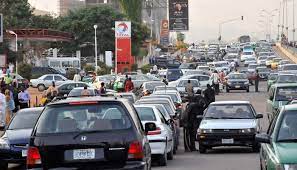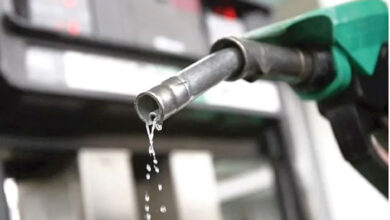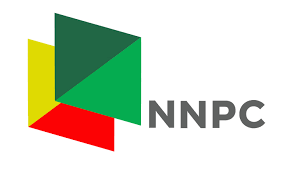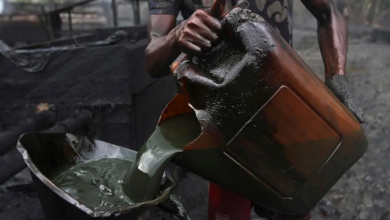Filling Stations Shut Down, Queues Return After Tinubu’s ‘Subsidy is Gone’ Remark

By Thisdaylive.com
Many petrol filling stations across the country shut down operations yesterday after President Bola Tinubu said that subsidy on the product was ‘gone’, resulting in long stretches of queues.
Retail stations in Lagos, Abuja, Warri and other major cities, also hiked the prices of the product, taking motorists and other Nigerians by surprise.
In Warri, Delta State, some retailers, including Rain Oil on Warri-Sapele road, which was selling the product earlier for N215, immediately shut down, leaving customers stranded.
It was the same in Shafa petrol station, Enerhen road, which shut its gates to customers, turning back any motorist that attempted to gain access to the facility.
In Lagos, it was learnt that some NNPC stations in Ikeja, Alausa were crowded by motorists who rushed to buy the product as many stations witnessed queues a few hours after the announcement.
Tinubu during his inaugural speech at Eagle Square, had said that there was no more provision for fuel subsidy, arguing that it could no longer be justified.
He posited that he would rather re-channel the funds into better investment in public infrastructure, education, healthcare and jobs that will materially improve the lives of millions. “The fuel subsidy is gone,” Tinubu declared.
Following the comment, also in Abuja, queues were springing up across the capital city, which was just getting some respite from about a year of erratic petroleum products supply.
In a few places where petrol was being dispensed to customers, motorists formed long queues, while that buying in Jerry cans flooded fuel pumps.
However, the vagueness of the announcement has caused more chaos as it was not specified when the subsidy would be removed, giving oil marketers the opportunity to hoard the product to monitor the direction of the market.
During his campaign, Tinubu had vowed that if he emerged victorious, his administration would remove petrol subsidy to free up funds to stimulate the economy.
Nigeria’s controversial petrol subsidy policy which has gulped trillions of naira in recent years, is expected to consume N3.6 trillion in the first half of this year.
It’s unclear what the response of organised labour, which has consistently opposed the removal of subsidy without local refining of products, would be in the next few days.
The Dangote refinery which is expected to begin production in July is also expected to ensure a reliable supply of the product, although experts say the price will not markedly reduce.





